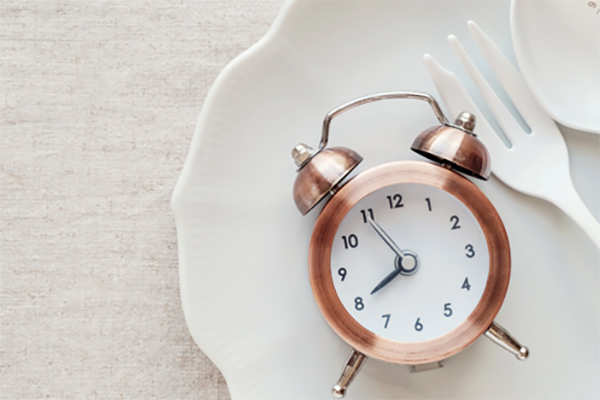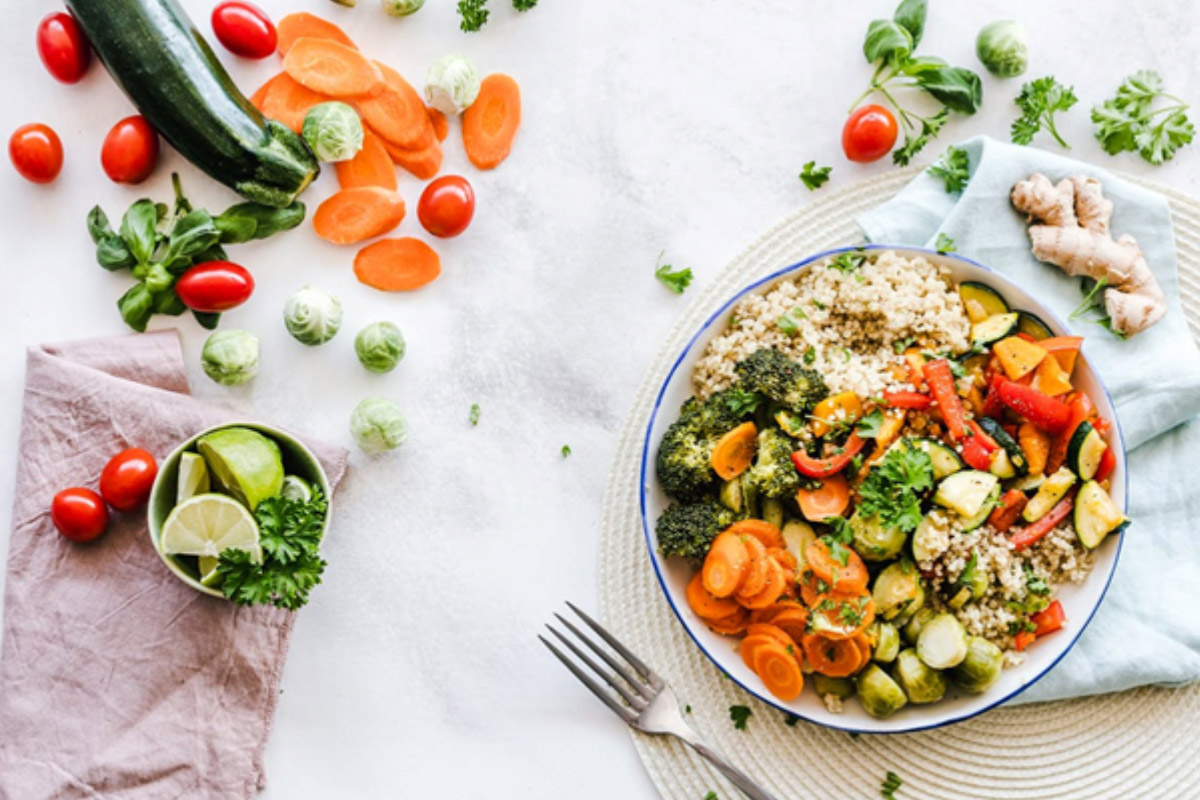Big question, right?
So much of what we read out there about Ramadan talks about the importance of having slow release carbs during Iftar and Suhoor. But the thing is, it’s actually those same carbs you think are giving you slow release energy that are actually making you hungry during your fast. Your body has its own source of slow release energy in the form of the fat stores its been saving all year, and so it really doesn’t need you to fill your stomach with glucose for it to be ok.
If you choose to go low carb or keto during Ramadan, you’ll be able to enjoy your fasting window without feeling those pangs of hunger you may be used to experiencing during the holy month. What happens when you lower or remove carbs from your diet is that your body gets better at pulling the energy it needs from the stores it already has in abundance even on a very slim body. So, after a meal high in protein and healthy fat, your body will stay fuller for longer, have more of what it actually needs and also reduce its dependency on glucose (which is really all that carbohydrates are).
If you’ve never tried low carb before, then ideally you should have put it into practice at least a week before Ramadan (too late? Save this article for next year and see how your Ramadan transforms). This is just to ensure that if your body has a few bumps in shifting to burning its own fat during periods without food, you’ve got some time to adjust. Because many of our bodies have been burning glucose for a lifetime and never had the chance to burn fat instead, the adjustment can be a little uncomfortable. This can look like feeling a bit headachy, needing to drink more water than usual and sometimes feeling a bit faint. Together these symptoms are known as the keto flu (read more about the keto flu here), and a bit of pink himalayan salt in water can usually put you right in minutes. However, during Ramadan this isn’t always possible, which is why we say, if it’s your FIRST time doing this, rather make the adjustment before.
If you’ve already tried going low carb or keto, then your body already knows what it’s in for, and you’ll likely be able to make the shift easily and without any issues.
Look forward to fasting periods where you do actually forget about food and are able to function without those awful pangs of hunger in your gut (totally the creation of carbs), and enjoy knowing you’re healing your body by giving it a break from the constant barrage of glucose. You’d be giving your body this break already by fasting during the day, but by extending the break from high carb during your feeding window (iftar to suhoor) you’re doubling the healing impact of the holy month.
— Author: Radhika Sil, CEO & Founder









Leave A Comment